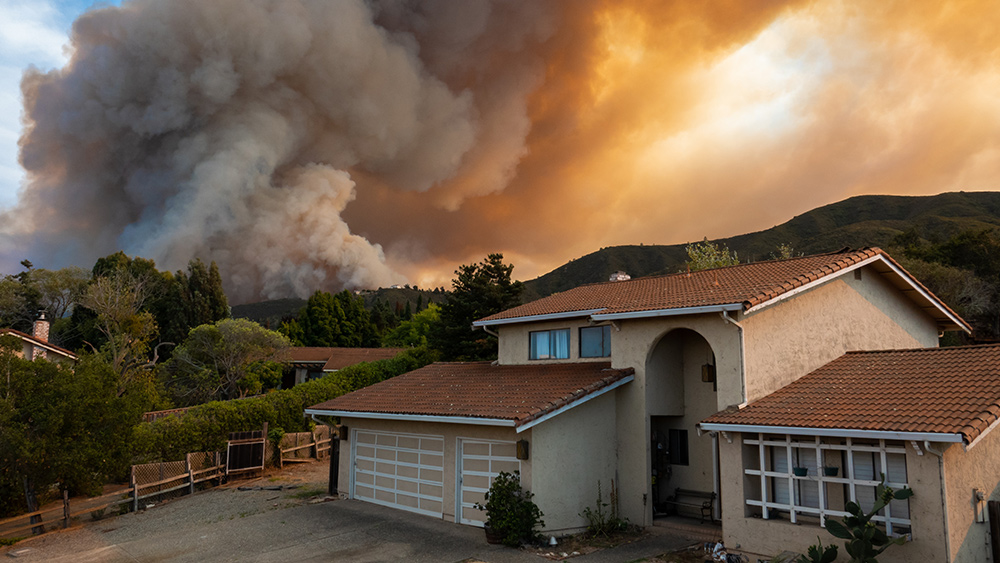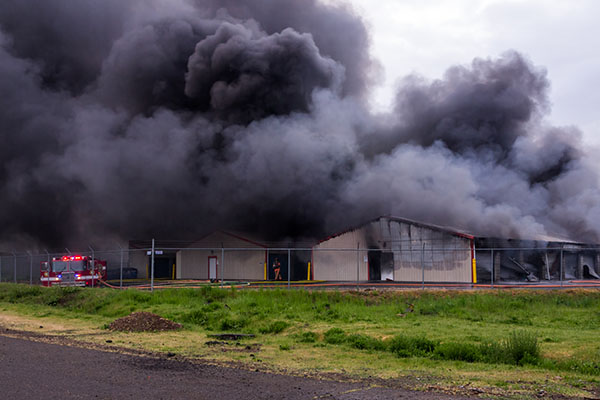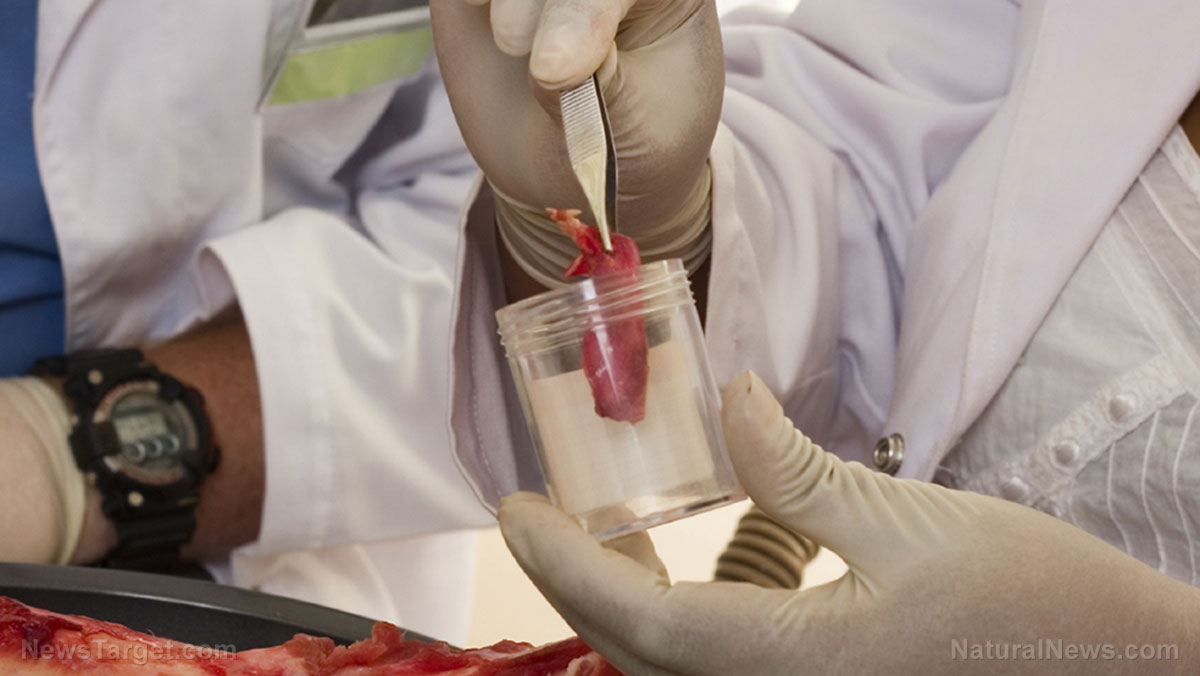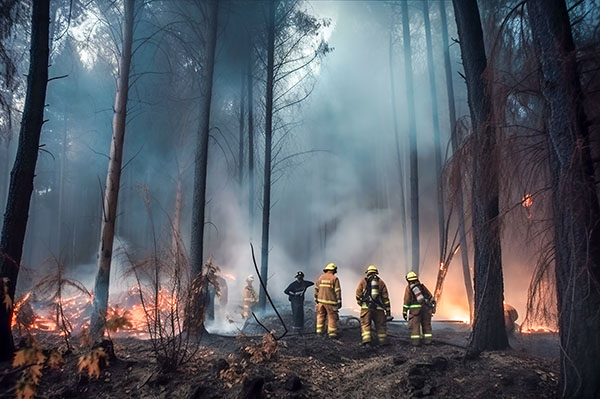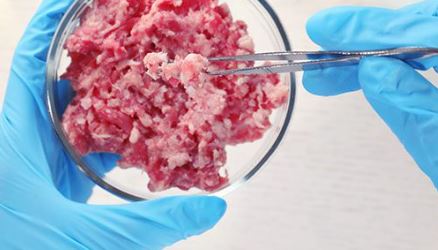CDC claims deadly pathogen with 50% fatality rate now ENDEMIC across the Gulf Coast
06/13/2023 / By Laura Harris

The Centers for Disease Control and Prevention (CDC) has declared that a deadly pathogen that reached the U.S. Gulf Coast is now endemic there, which means it is now a constant presence in the area although not spreading out of control.
The public health agency said the bacterium Burkholderia pseudomallei has a fatality rate of around 50 percent worldwide. Infections caused by the pathogen can cause the potentially fatal disease called melioidosis, also called Whitmore’s disease, if left untreated.
According to CDC epidemiologist Dr. Julia Petras, B. pseudomallei naturally resides in the soil and fresh water, primarily in subtropical and tropical regions of Southeast Asia and Northern Australia. However, it has been found in the Gulf states of Texas, Louisiana, Mississippi, Alabama and Florida. The public health agency emphasized that the bacterium may be present in the top layer of soil or muddy freshwater or brackish water in these areas. (Related: Researchers discover bacteria responsible for spawning deadly ‘super superbugs’ in New Delhi water supplies.)
In January 2023, the CDC said the most recent case of melioidosis came from Mississippi. It followed two previous cases in the same state recorded in July 2020 and May 2022 – bringing the official tally of infections to three. However, Petras believes that more people may have been infected as most individuals exposed to B. pseudomallei do not show symptoms and develop antibodies against it.
The transmission of the pathogen from one person to another is extremely rare. Only two cases of human-to-human transmission have been reported worldwide – one occurring in the womb and the other through sexual intercourse. For Petras, the area’s environment likely played a role as the pathogen thrives in warm and damp environments.

Melioidosis dubbed the “great mimicker”
Melioidosis is often called the “great mimicker” because its symptoms can be mistaken for other conditions as it manifests in different forms. Petras said B. pseudomallei primarily infects people through open wounds, contaminated water or inhalation during severe storms with high winds. People with diabetes, chronic liver or kidney disease, autoimmune diseases or those who engage in excessive alcohol use are most at risk for a severe bout of melioidosis.
Once it enters the body, B. pseudomallei attacks various organs, including the lungs, brain and organs with abscesses. She remarked: “A lot of patients will have pneumonia with sepsis, and or sepsis, which is associated with higher mortality and worse outcomes.”
Despite the deadly outcome of melioidosis, the CDC epidemiologist said it is “greatly under-reported, under-diagnosed and under-recognized.” She even noted that melioidosis is often referred to as “the neglected tropical disease” that demands greater attention from the medical community.
Early diagnosis and appropriate treatment are crucial in fighting melioidosis, with effective antibiotics available for treatment. While the treatment duration is rather long, early diagnosis and completion of the antibiotic regimen improves the chances of a favorable outcome.
Petras urged doctors along the Gulf Coast to be aware of the possibility of melioidosis infection and advised people in these areas to protect themselves by covering open wounds, wearing gloves while gardening and avoiding exposure to high winds. This advice is particularly critical for diabetics and people with chronic conditions or autoimmune diseases.
Outbreak.news has more stories about pathogens circulating in the country.
Watch this video as CDC warns the public against the deadly bacteria in U.S. Gulf Coast.
This video is on the Evolutionary Energy Arts channel on Brighteon.com.
More related stories:
Deadly flesh-eating bacteria infect more swimmers in Florida.
Swimming nanobots developed that can hunt down and destroy bacteria in water.
Sources include:
Submit a correction >>
Tagged Under:
This article may contain statements that reflect the opinion of the author


